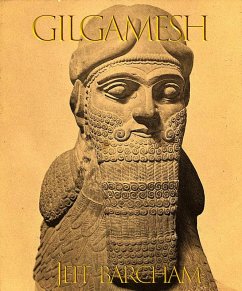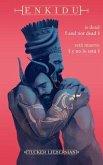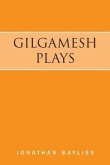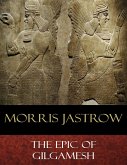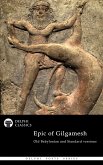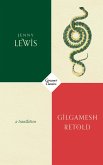Gilgamesh starts the story as a brilliant but brash monarch, having inherited the throne from his father (Lugalbanda) at a young age, with no rivals. When an equally powerful rival emerges, in a wild man named Enkidu, Gilgamesh realises that he needs to perform heroic feats to make his name.
In so doing, Gilgamesh and Enkidu offend the gods and the people of Uruk, and learns the value of diplomacy and subterfuge.
When Enkidu dies, Gilgamesh is grief-stricken, renounces his throne, and embarks on a journey to discover the secret of immortality. There he finds Utanapishtim, the Sumerian equivalent of Noah, who survived the great flood and was granted immortality by the gods.
The Gilgamesh story represents the first great literary consideration of human mortality. The work centres around themes that still resonate today: impetuousness, ambition, maturity, retribution, renunciation, quest. And, of course, the consequences of failure. Gilgamesh is unique in that it deals equally with these themes, and not just the heroic derring-do of a mythic king. Gilgamesh may be mythically powerful, but he is also tragically, and wonderfully, human.
Dieser Download kann aus rechtlichen Gründen nur mit Rechnungsadresse in A, B, CY, CZ, D, DK, EW, E, FIN, F, GR, H, IRL, I, LT, L, LR, M, NL, PL, P, R, S, SLO, SK ausgeliefert werden.

